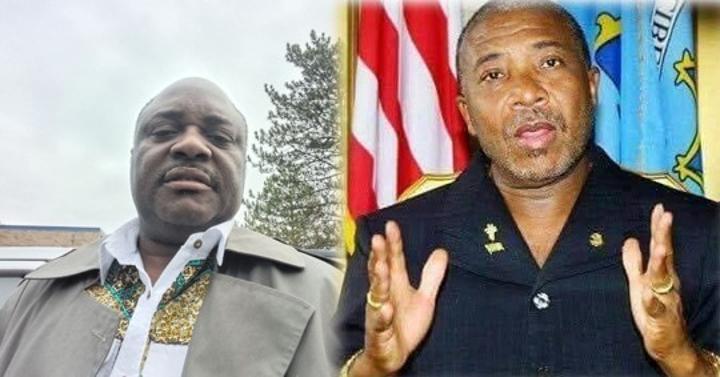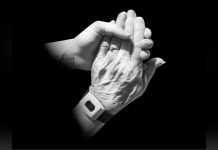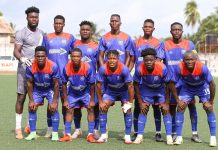Africa-Press – Liberia. The Executive Director of the Liberia National Heritage and Culture Development Association (LNHCDA), Mr. Solomon Weawea, has initiated a campaign calling for the release of former Liberian President Charles Taylor.
Weawea’s goal is to gather two million signatures from Liberians in support of a petition for Taylor’s freedom.
In a statement posted on his official Facebook page on Thursday, January 23, 2025, Weawea urged for a reassessment of Taylor’s conviction, claiming that the trial by the Special Court for Sierra Leone (SCSL) in 2012 was unfairly selective.
He raised concerns about the consistency of international justice and questioned why other leaders who supported rebel factions during Liberia’s and Sierra Leone’s civil wars were not similarly prosecuted.
“Did Charles Taylor invade the country? We all know he didn’t, but he supported rebel leader Foday Sankoh, who invaded his own country. So, we must agree that he aided and abetted,” Weawea stated.
Weawea further criticized regional leaders such as Ivorian President Félix Houphouët-Boigny, Guinean President General Lasana Konneh, Burkinabe President Blaise Compaoré, and Sierra Leonean President Joseph Momoh. He accused them of facilitating Liberia’s civil wars, which resulted in over 300,000 deaths.
“The judgment was totally unfair. If Taylor was convicted for aiding and abetting, then other leaders with similar involvement should have been held accountable as well,” he emphasized.
Taylor’s imprisonment remains a highly divisive issue in Liberia. While some view him as a war criminal, others argue that his conviction was influenced by geopolitical factors, where international powers selectively applied justice.
Who Was Charles Taylor?
Charles Taylor served as Liberia’s 22nd President from 1997 to 2003. His rise to power was linked to the country’s first civil war (1989–1997), during which he led the National Patriotic Front of Liberia (NPFL). The brutal conflict resulted in more than 250,000 deaths, widespread atrocities, and the displacement of millions.
Taylor was elected president in 1997, campaigning under the slogan, “He killed my ma, he killed my pa, but I will vote for him.” However, his presidency was marred by corruption, authoritarianism, and ongoing violence, culminating in a second civil war that eventually led to his resignation and exile in 2003 under international pressure.
Why Was Taylor Convicted?
In 2012, Taylor became the first former head of state to be convicted by an international tribunal since the Nuremberg Trials after World War II. The SCSL found him guilty of 11 counts of war crimes and crimes against humanity, including murder, rape, sexual slavery, conscripting child soldiers, and pillaging.
Taylor was convicted for aiding and abetting the Revolutionary United Front (RUF), a brutal rebel group involved in Sierra Leone’s civil war (1991–2002).
Although Taylor did not directly participate in the atrocities, the court ruled that his provision of weapons, logistical support, and financial backing enabled the RUF to commit widespread atrocities in exchange for “blood diamonds” mined from Sierra Leone.
The RUF became infamous for its brutal tactics, including mass amputations, sexual violence, and the conscription of children as soldiers. Taylor’s support of the RUF made him a key figure in the international fight against impunity for war crimes.
A Divided Legacy
Currently serving a 50-year sentence in the United Kingdom, Taylor’s imprisonment is seen by many as a symbol of accountability for leaders who commit or facilitate crimes against humanity.
However, critics like Weawea argue that Taylor’s conviction was selective and that there is a need for a broader reevaluation of justice in the region.
Weawea’s campaign to gather two million signatures could reignite debates over the fairness of Taylor’s trial and whether international justice mechanisms have adequately addressed the complexities of regional conflicts.
Those interested in supporting the petition can contact the Liberia National Heritage and Culture Development Association for further details.
For More News And Analysis About Liberia Follow Africa-Press






